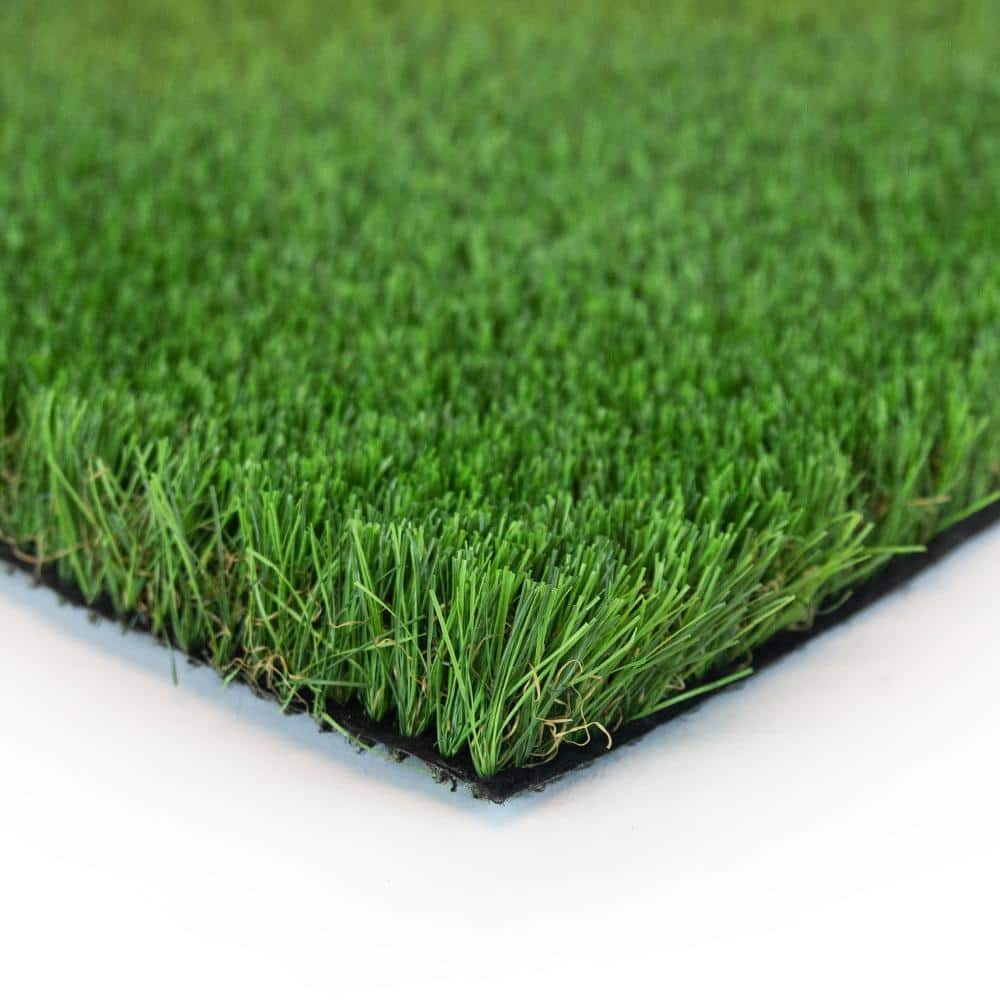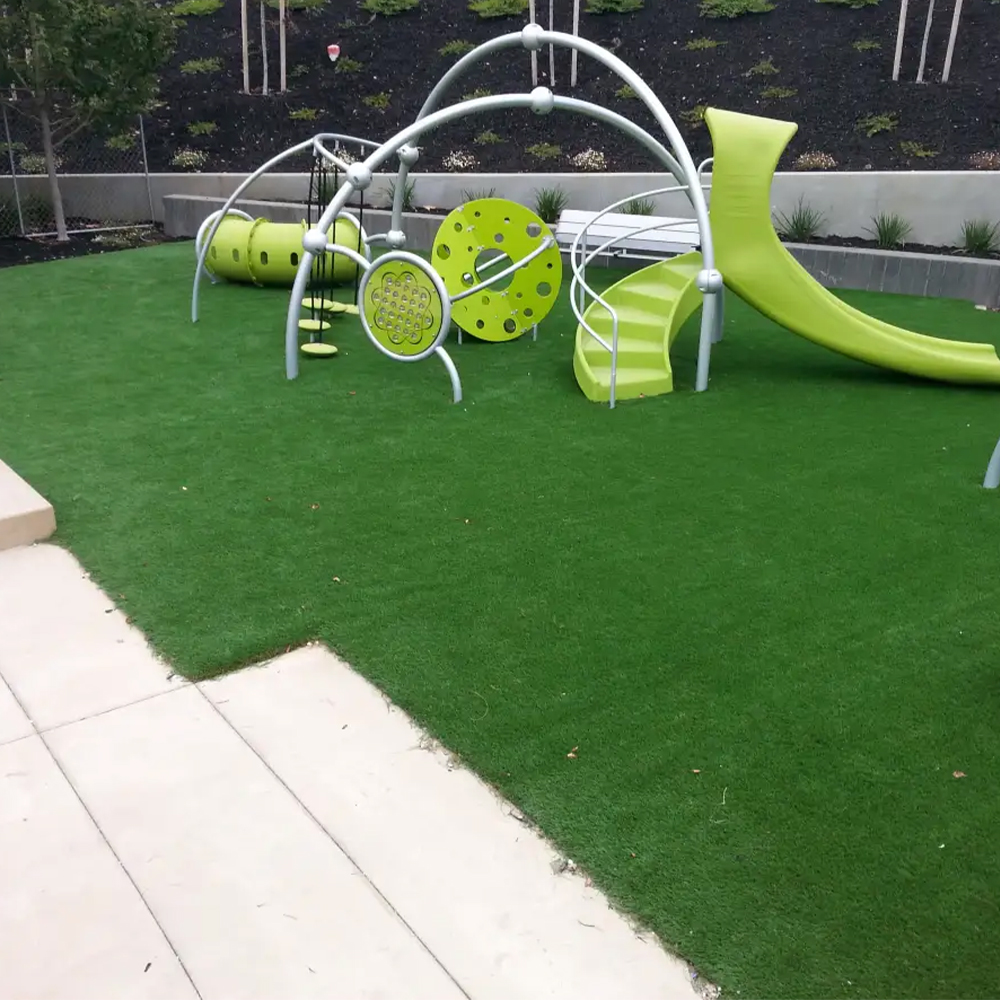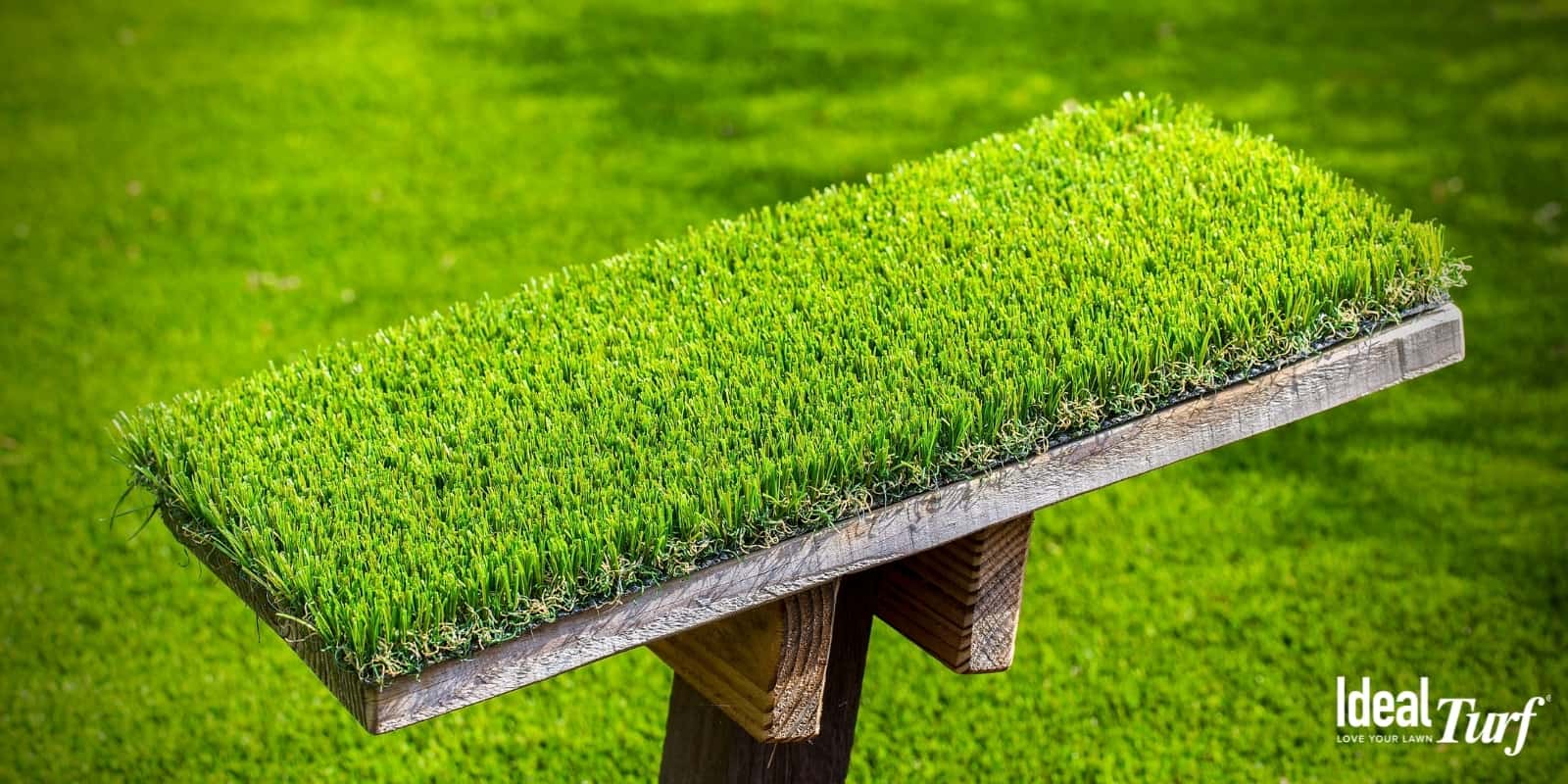Transform Your Yard with Professional Turf Installation Phoenix AZ Solutions
Transform Your Yard with Professional Turf Installation Phoenix AZ Solutions
Blog Article
Explore the Environmental Perks of Opting for Artificial Lawn Solutions
The fostering of synthetic grass options offers an engaging possibility to attend to pressing environmental challenges. By dramatically lowering water use and lessening the application of dangerous chemicals, these options not only promote lasting landscaping but also shield neighborhood ecological communities. The lower carbon impact connected with decreased upkeep activities adds to a much more lasting technique to land management. Nonetheless, the ramifications of these benefits expand beyond plain conservation initiatives, increasing inquiries regarding their lasting effect on environment preservation and total environmental balance. Discovering these dimensions exposes an intricate interplay worth taking into consideration.
Water Conservation Conveniences
One of the most substantial advantages of synthetic lawn is its ability to save water. Typical grass lawns need significant irrigation, particularly in locations vulnerable to dry spell or water limitations. On the other hand, synthetic grass does not require watering, significantly decreasing the total need for water resources. This function is especially advantageous in deserts where water scarcity is a pressing problem.
By getting rid of the demand for regular watering, synthetic grass adds to lasting landscape practices and assists minimize the environmental effect of too much water consumption. In addition, the conservation of water includes the decrease of drainage, which can lead to soil disintegration and river contamination.
Additionally, the installment of synthetic turf allows communities and homeowners to designate water resources extra efficiently, concentrating on necessary usages such as drinking water and agriculture. The shift in the direction of synthetic grass not only promotes accountable water use but likewise lines up with more comprehensive ecological objectives intended at maintaining all-natural resources.
As neighborhoods progressively prioritize sustainability, the water conservation advantages of fabricated lawn provide a compelling case for its adoption in household and business landscaping tasks.
Lowered Chemical Use
The shift to synthetic grass dramatically reduces the reliance on chemical therapies frequently utilized in all-natural lawn upkeep. Conventional lawn administration normally includes the application of chemicals, herbicides, and plant foods to promote development and control bugs. These chemicals can present risks to human wellness, regional wild animals, and the setting, contributing to dirt and water contamination.
In contrast, synthetic grass removes the demand for these damaging compounds. By decreasing the launch of artificial substances right into the ecological community, artificial turf promotes healthier soil and water systems.
Additionally, the lack of chemical overflow linked with synthetic grass installations helps protect neighborhood rivers from contamination, sustaining water life and keeping biodiversity. Arizona turf. As areas significantly focus on lasting methods, selecting man-made grass provides a practical solution that aligns with ecological preservation goals. Through this change, homeowner can enjoy lavish eco-friendly spaces without compromising eco-friendly wellness, paving the way for an extra lasting future
Lower Carbon Impact

Furthermore, the setup of synthetic grass can lead to significant water conservation. Natural grass require considerable quantities of water for watering, which not only adds to the carbon impact associated with water extraction and treatment however likewise pressures local water resources. In comparison, fabricated turf needs very little maintenance, needing no watering, therefore considerably minimizing water use and its linked energy costs.
Additionally, the durability of fabricated lawn contributes to its reduced carbon impact. With a lifespan of up to 15 years or more, the requirement for frequent replacements is decreased, causing much less waste and reduced power intake in production and throwing away traditional grass alternatives. Overall, synthetic turf presents a lasting alternative for eco aware landscaping.
Environment Conservation
Environment preservation is a vital consideration in the argument over landscaping selections, especially when comparing synthetic turf to natural yard. All-natural turf lawns frequently require comprehensive maintenance, including making use of chemicals, fertilizers, and herbicides, which can negatively impact local communities. These chemicals can seep right into the soil and rivers, damaging indigenous plants and fauna and interrupting regional habitats.
In contrast, artificial grass presents a possibility to minimize the environmental impact of landscaping. By choosing artificial turf, homeowners can decrease the disturbance of all-natural environments connected with traditional yard treatment practices. Fabricated turf gets rid of the demand for dangerous chemicals, thereby securing neighboring wildlife and preserving the stability of bordering communities. Furthermore, the installment of artificial grass can cause the conversion of former turf areas into even more biodiverse landscapes, such as pollinator yards or indigenous plant locations, which can sustain local wildlife.
Inevitably, the shift to artificial turf not just saves water and decreases maintenance initiatives but also promotes a more unified relationship between human activities and the natural surroundings, advertising habitat preservation while doing so.
Long-Term Sustainability
Long-lasting sustainability is a crucial consider reviewing the benefits of synthetic grass over typical yard lawns. One of one of the most significant advantages of synthetic grass is its toughness; it can last approximately 15-20 years with very little maintenance, whereas all-natural lawn requires frequent reseeding and substitute. This long life lowers the demand for consistent resources, such as water, plant foods, and chemicals, which are crucial for keeping a healthy turf yard.
Additionally, fabricated grass try these out adds to a reduction in carbon exhausts connected with yard treatment equipment. Typical yards often require gas-powered lawn mowers, trimmers, and blowers, all of which contribute to air contamination. Turf installation phoenix az. On the other hand, artificial lawn eliminates the demand for such equipment, advertising a cleaner atmosphere
Additionally, the manufacturing of synthetic grass significantly utilizes recycled products, enhancing its sustainability profile. As producers adopt environmentally friendly methods, the ecological footprint of artificial grass remains to decrease.

Conclusion
The adoption of synthetic grass remedies offers substantial ecological benefits, consisting of significant water preservation, reduced dependence on damaging chemicals, and a lower carbon footprint. Moreover, synthetic grass aids in protecting natural habitats by minimizing land disruption and advertising long-lasting sustainability with the use of durable products. Jointly, my explanation these aspects underscore the potential of synthetic grass to contribute favorably to environmental health and offer a sensible option to typical landscape design methods in a progressively resource-conscious globe.
In contrast, man-made grass does not need watering, dramatically minimizing the overall need for water resources. By decreasing the release of artificial compounds into the community, fabricated turf advertises healthier soil and water systems.
Moreover, the installation of man-made turf can result in substantial water preservation. In comparison, artificial turf requires minimal upkeep, calling for no watering, thus dramatically decreasing water use and its associated power expenses.

Report this page